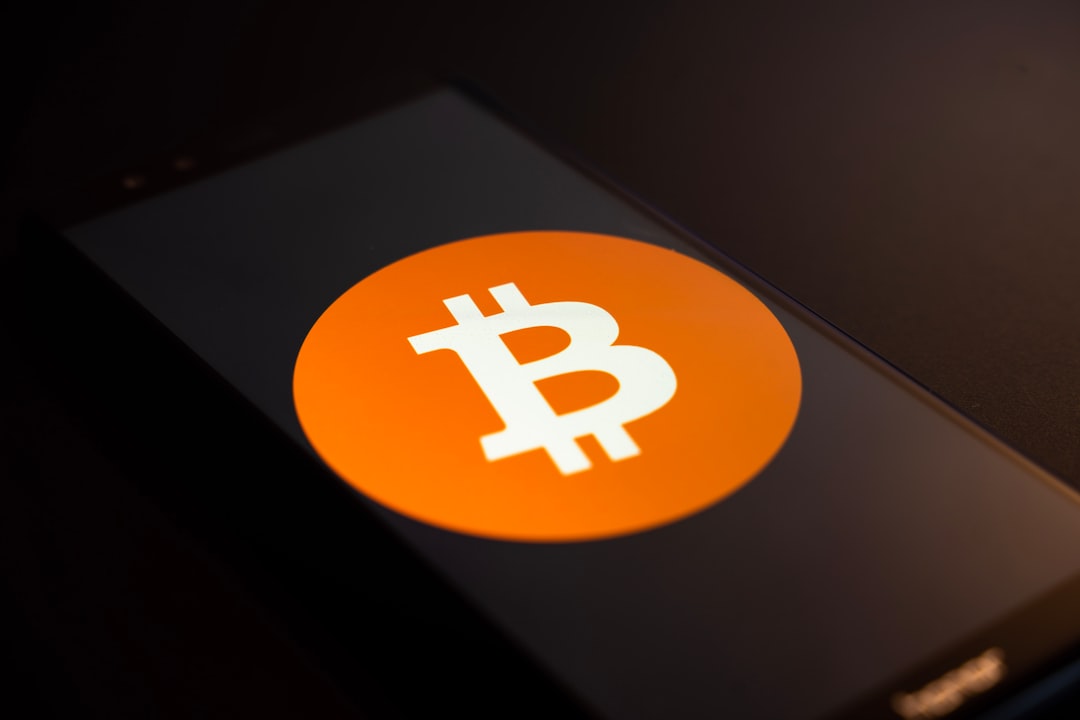Stringent Regulations for Stablecoins Proposed in Hong Kong
Hong Kong has recently put forward strict regulations for stablecoins, indicating its desire to become a virtual asset hub. However, these new regulations could pose challenges for popular stablecoins in the market. Experts suggest that the policies in Hong Kong are even stricter than those in Singapore, which could potentially jeopardize major players like Tether (USDT) and USD Coin (USDC).
Expert Opinion on Hong Kong’s Regulation Proposal
According to a report by the South China Morning Post, Chengyi Ong, the Head of APAC Policy at Chainalysis, believes that Hong Kong’s stablecoin regulation proposal is more stringent compared to Singapore’s regulations. She points out that the new framework requires companies to have a minimum paid-up capital of $3.2 million (HK$25 million) to obtain a license. Additionally, Ong highlights that the regulation aims to establish high standards for fiat-referenced stablecoins (FRS).
The Impact on Tether and USD Coin
Ben Hammond, Office Managing Partner at Ashurst’s Hong Kong office, notes that meeting the licensing criteria will be extremely challenging for most issuers. This raises concerns about whether major stablecoin issuers like Tether and Circle will be able to comply with the new regulations. Tether has not yet responded to this development. On the other hand, Circle, the operator of USDC, has expressed support for Hong Kong’s proposed rules. Yam Ki Chan, Vice-President of Strategy and Policy at Circle, states that they will work alongside HKMA and FSTB to adhere to the stablecoin regulation.
Hot Take: Implications of Hong Kong’s Strict Stablecoin Regulations
The proposed stringent regulations for stablecoins in Hong Kong have the potential to disrupt the market and pose challenges for major players like Tether and USD Coin. With stricter requirements for licensing, many issuers may struggle to meet the criteria. While Circle’s USDC is supportive of the regulations, Tether’s response remains unknown. As Hong Kong aims to set high standards for fiat-referenced stablecoins, it will be interesting to see how these regulations shape the future of stablecoin operations in the region.





 By
By
 By
By
 By
By

 By
By
 By
By